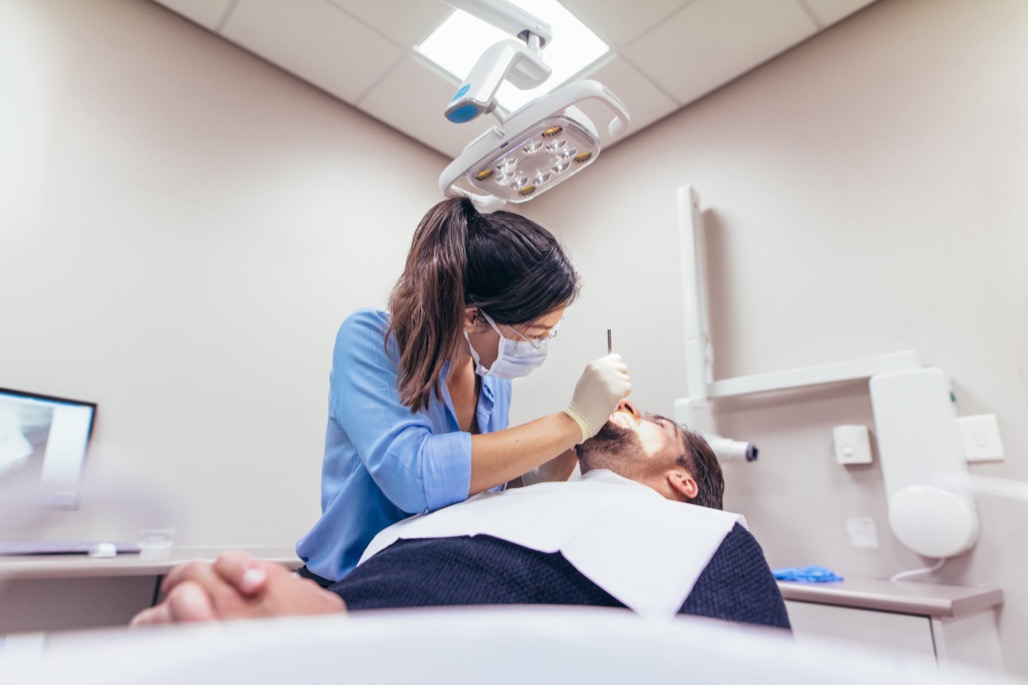
Apicoectomy Treatment in Clinton
Apicoectomy Treatment
An apicoectomy is a dental procedure that removes inflamed gum tissue
at the root tip of your tooth. The treatment is usually done after a
root canal procedure to fix infected tissues at the apex. Apicoectomy
can also be done to save a tooth that has been diseased by a root canal
failure.
Difference between root canal treatment and
apicoectomy
A root canal procedure removes infection in the pulp of your tooth.
The pulp is a host for blood vessels, nerves, and connective tissue. An
apicoectomy removes infection at the root end of your tooth, which is
why it is also known as a root-end resection. Both procedures save your
tooth from extraction but they target different parts of your tooth
structure.
Why would you need an apicoectomy?
Here are some reasons why your endodontist may recommend an
apicoectomy.
-
Repairing a tooth that had a failed root canal procedure
-
Treating tooth injuries in children
-
Treating bone loss that causes loose teeth
-
Removing a root that has a hole
-
Removing calcium deposits in the root canal
-
Finding and treating problems that aren’t showing up on an
X-ray -
Treating a fractured tooth
-
Treating a tooth with extra roots that can’t be treated another
way
How is an apicoectomy treatment done?
Apicoectomy treatment begins with an X-ray of your teeth and jaw to
allow your endodontist to see images of your root and surrounding
tissue.
Your endodontist will then numb the area and make a small cut to
examine the bone and remove infected tissue.
Your endodontist may need to remove the root tip and clean the area.
A filling material is used to fill the gap. Your endodontist will seal
the area and stitch the cut to close it.
The procedure is not painful and you can drive home without any help.
You may experience a little bleeding because of the cut but this should
subside in an hour or so. Your endodontist may prescribe some
anti-inflammatory drugs. If you suspect that you may need an apicoectomy
treatment, visit us or call to schedule an evaluation appointment.


